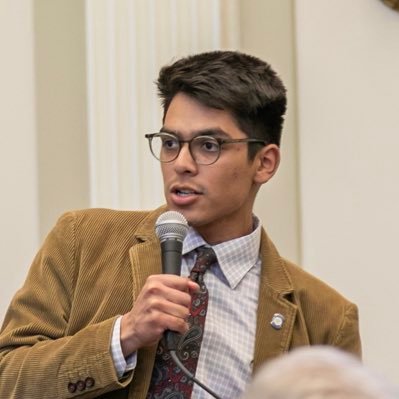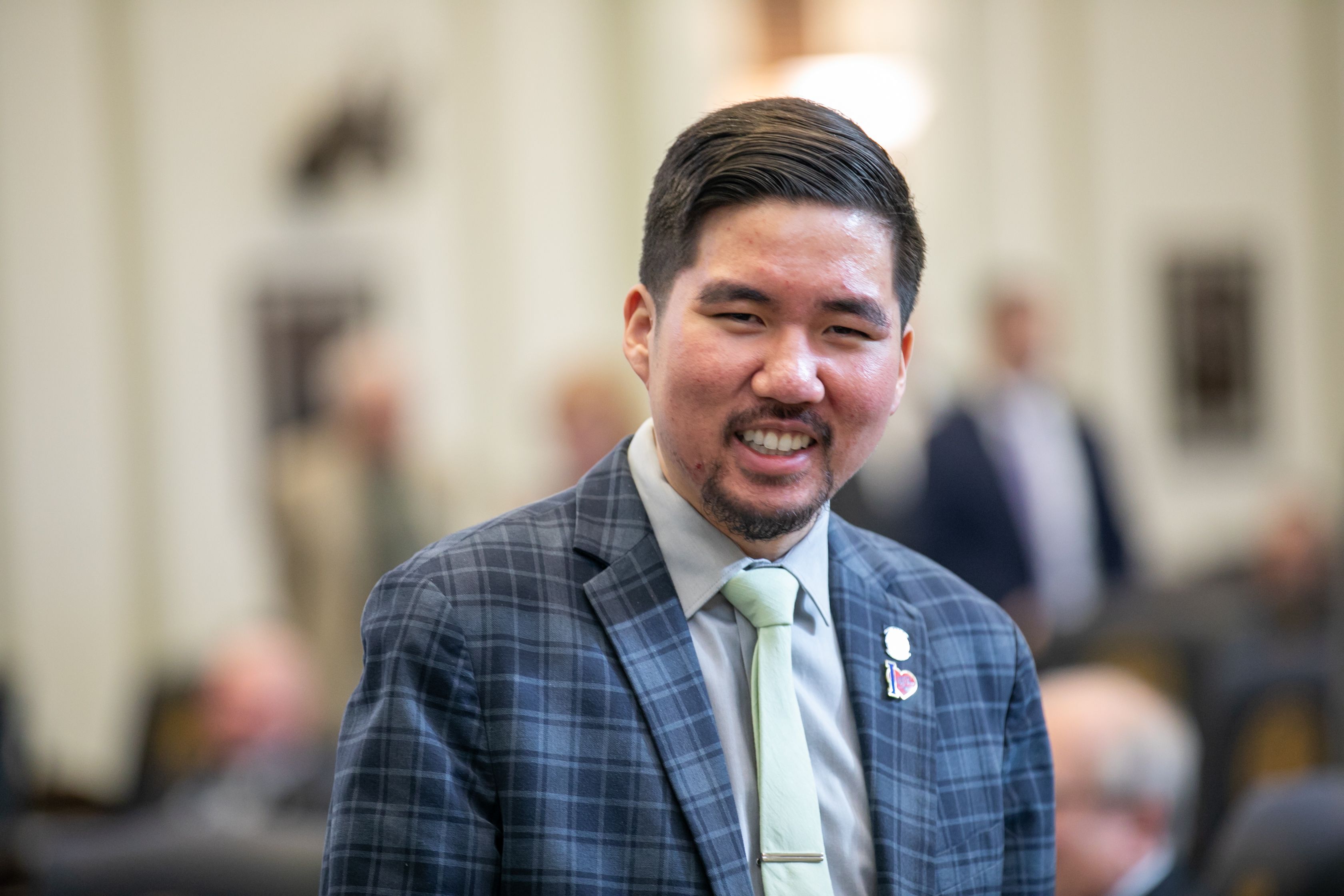
Out on the farm when you start talking “A-I”, you’re discussing artificial insemination—whether it’s dairy cows, cattle herds or more.
So it’s probably wise to get your A-I’s straight. The A-I that will draw attention this week at the State Capitol is artificial intelligence.
The Oklahoma legislature plans to look into the issue and the House of Representatives will do so during a hearing on Tuesday, October.
The bipartisan study will be led by Reps. Arturo Alonso-Sandoval, D-Oklahoma City, and Daniel Pae, R-Lawton who want to explore the potential impact of AI on Oklahoma’s economy, job market and workforce development. The study will also evaluate the ethical, legal and societal implications of AI implementation, including privacy, bias and algorithmic transparency.
“Moore’s Law underscores the exponential pace of technological advancement, a phenomenon that poses challenges for us, particularly in the realm of public policy,” said Alonso-Sandoval.
 “In light of the recent proliferation of AI technologies to the general public, it becomes imperative to grasp how this multifaceted technology, spanning areas such as generative AI and facial recognition, will reshape our communities’ interactions with the world. These developments present an array of opportunities and challenges.
“In light of the recent proliferation of AI technologies to the general public, it becomes imperative to grasp how this multifaceted technology, spanning areas such as generative AI and facial recognition, will reshape our communities’ interactions with the world. These developments present an array of opportunities and challenges.
“I’m enthusiastic about adopting a bipartisan approach to address this issue, collaborating with Representative Daniel Pae. Together, we aim to gain a comprehensive understanding of how we can navigate the AI landscape, positioning Oklahoma at the forefront of this technological revolution while ensuring equitable progress for all.”
“AI is going to be one of the most important policy issues we address as lawmakers in the 21st century,” said Pae.
 “This technology is going to profoundly change how we live, so we need to be proactive in terms of what parameters are placed around it. I’m excited to work with my friend Rep. Arturo Alonso-Sandoval and collaborate in a bipartisan manner to develop long-term sustainable ideas.”
“This technology is going to profoundly change how we live, so we need to be proactive in terms of what parameters are placed around it. I’m excited to work with my friend Rep. Arturo Alonso-Sandoval and collaborate in a bipartisan manner to develop long-term sustainable ideas.”
Speakers include:
- Madeline Mitchell, advisory senior manager of AI at Deloitte, who will explain generative AI and how to operationalize AI responsibly;
- Ken Parker, co-founder and CEO at NextThought, who will discuss the potential benefits and concerns of AI;
- Robin Roberson, senior vice president and head of platform partnerships at Eberl Claims Services; Scott Klosoky, partner at Future Point of View (FPOV); and Josh Snavely, cybersecurity/privacy, risk and security attorney at McAfee & Taft, who will all speak to the practical applications of AI and how it could be utilized by society;
- Dr. Rose Shao, a postdoctoral research fellow at the University of Oklahoma Health Sciences Center, will explore different applications of AI technologies in healthcare settings; and
- Pennsylvania State Rep. Tarik Khan of House District 194, a family nurse practitioner who coauthored legislation to regulate the use of AI algorithms in health insurance claims processes.
The study is slated for 1:30 p.m. and will be held before the House Government Modernization and Technology Committee, as well as live-streamed on the House website.





